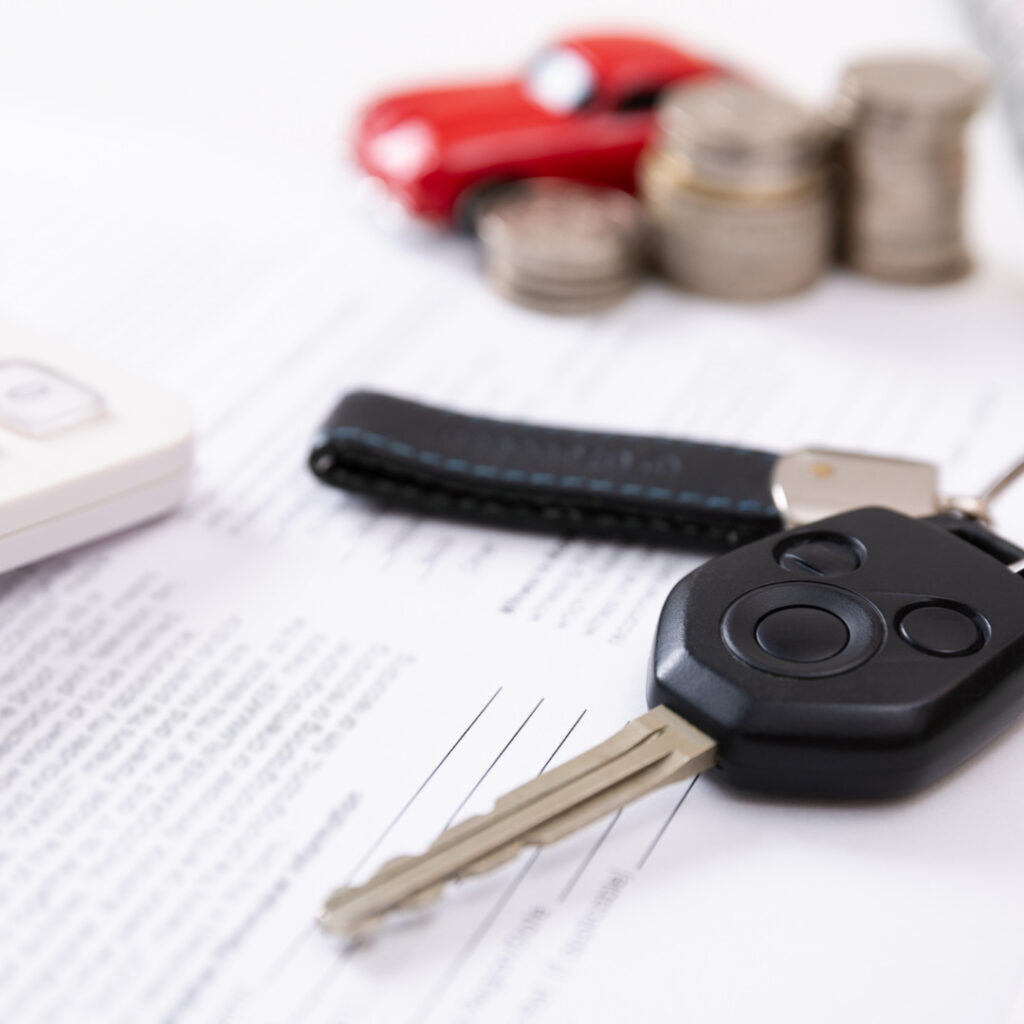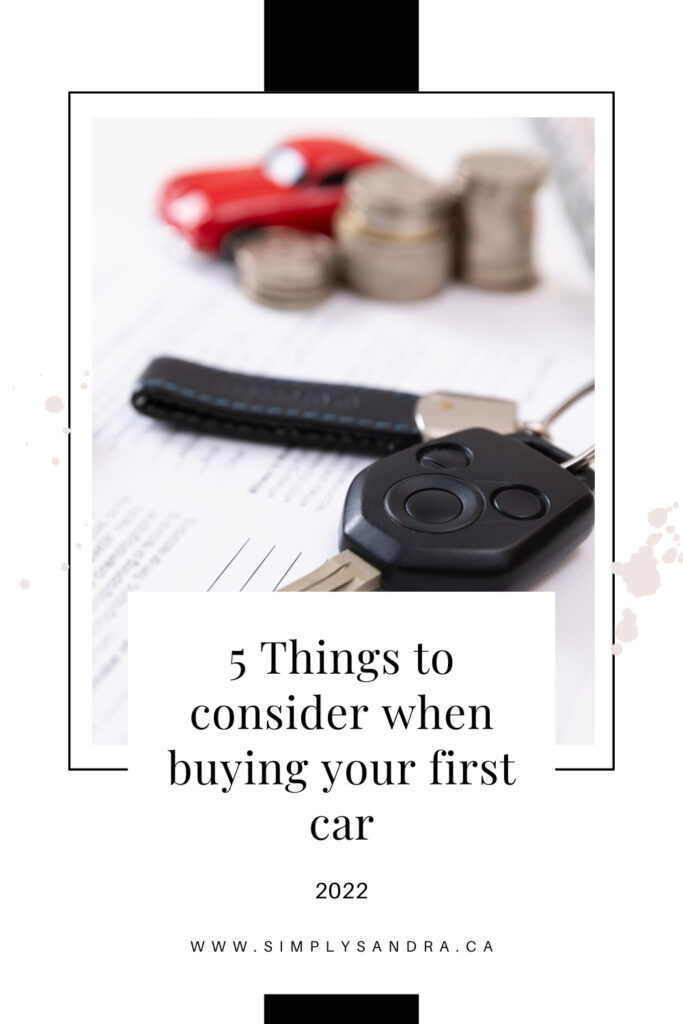
This year I made a large purchase and that was my vehicle. This was the first ever vehicle I have ever purchased. For context, I grew up in Toronto and have always been a city girl. I always had reliable access to public transportation and not only did I really not have a need for a car (I worked close to home and then began working downtown which meant costly parking and a shortage of it), I really didn’t have the money for it either. When I was working from the office as a new lawyer, I was constantly travelling to and from courthouses but I always had my ubers and rental cars paid for so I never really felt the need to purchase a car as this was an additional expense at a time I was aggressively paying down my student loan.
Fast forward to the pandemic. I am a new-ish professional working from home full time. I live in the suburbs and found all of this freedom in terms of being able to run errands during the day. The problem: I didn’t have a car. Don’t get my wrong, in no way did I purchase a car in order to go grocery shopping during the day however, it does make things super convenient. Also, I think being isolated for the majority of the work week can be extremely difficult when you don’t have a reliable way to get around.
I also want to preface this post by saying that purchasing a vehicle is rarely a good financial choice. This blog is about lifestyle and most of all, balance. I generally write about real life issues and obstacles that the young professional will face. I was in a point in my life that I wanted a vehicle and thought it would really enhance my life and thankfully had to means to get one so I went ahead and did it.
Needless to say, I did tons and tons of research before going ahead with my purchase. These are the things I did prior to making this purchase and what I would suggest you look into before you make your decision.
1. Lease or finance
This is probably the one thing I did tons and tons of research on. There are various resources online about the costs and benefits of each and even podcasts that you can listen to. The bottom line seems to be, if you are financially conservative and also don’t mind driving around an older (put paid off) vehicle, then go with the latter. There are also options like leasing to own which admittedly I am not well versed in this particular option. Ultimately I chose to finance my vehicle because I ultimately wanted to eventually enjoy it payment free lol even if it would then be a 4 year old vehicle.
2. new or used
This is another controversial point of contention. While I know purchasing new is usually the wrong decision, during the time I purchased my vehicle which would have been late 2021, we were experiencing a huge chip shortage. As I am writing this I believe this shortage is ongoing meaning that the prices for used cars were astronomical and often as much as a new one! For this reason I decided to purchase a new vehicle instead of overpaying on a used one.
3. Look at interest rates
This was another important variable that I was considering when purchasing my car. Most of the interest rates are available online. I would encourage you to do the math and understand how much interest you will be paying throughout the lifetime of the loan before biting the bullet and committing to a finance agreement. I think that generally, you want to stay under 2%. There were some manufacturer’s charging over 5% for interest and I just found that a bit too much. Of course if you’re paying cash then you don’t have to worry about interest necessarily unless you wish to take advantage of any promotional finance rebates that may be available. I highly suggest you do your research on this front if that is the case because sometimes there are rebates available if you finance the vehicle rather than pay cash upfront.
4. Look at the duration of your lease term or finance agreement
Another thing you will want to consider is the duration of your agreement. I think 5 is usually the magic number for lease and finance agreements. Maybe even shorter if you are leasing. Finance agreements longer than 5 years can likely have you upside down on your car loan – in other words the car would be worth less than the balance owing on the vehicle.
5. do the math and make sure you can integrate the entire cost of owning a car into your budget
Don’t forget its not just about the cost of the car. Cars come with a lot more than just the car payment. There is insurance, gas, things like winter tires, and of course service. In general, the cost of your car should be a comfortable fraction of your net pay on a monthly basis. Chances are if half of your net paycheque is going to your car expenses you have way too much car than you can afford. This is also a great way to avoid buyers remorse. If you are able, I also recommend paying for your insurance upfront for the year so you don’t have to worry about that cost throughout the year. I also recommend starting a car sinking fund for expenses related to your vehicle. This is especially important if you purchase a used vehicle where repairs may be more unexpected than a brand new vehicle.
Most importantly, I would also say that you should wait as long as possible and really take your time when it comes to purchasing a car. It’s so important that you really understand what you are getting yourself into when getting a car. It is a big commitment both financially and personally. It is a big responsibility maintaining and paying for your car so take your time to consider every option and to understand how your finance agreement works.

